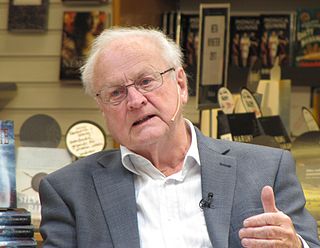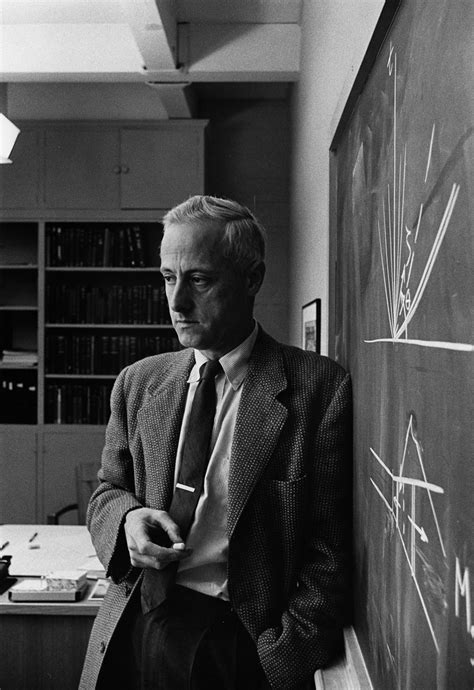A Quote by Thomas Kuhn
"Normal science" means research firmly based upon one or more past scientific achievements, achievements that some particular scientific community acknowledges for a time as supplying the foundation for its further practice.
Related Quotes
The great scientific achievements are research programmes which can be evaluated in terms of progressive and degenerative problemshifts; and scientific revolutions consist of one research programme superceding (overtaking in progress) another. This methodology offers a new rational reconstruction of science.
The resolution of revolutions is selection by conflict within the scientific community of the fittest way to practice future science. The net result of a sequence of such revolutionary selections, separated by periods of normal research, is the wonderfully adapted set of instruments we call modern scientific knowledge.
There is no "scientific worldview" just as there is no uniform enterprise "science" - except in the minds of metaphysicians, school masters, and scientists blinded by the achievements of their own particular niche... There is no objective principle that could direct us away from the supermarket "religion" or the supermarket "art" toward the more modern, and much more expensive supermarket "science." Besides, the search for such guidance would be in conflict with the idea of individual responsibility which allegedly is an important ingredient of a "rational" or scientific age.
We think of the 1950s as an oppressive time in the culture, and indeed it was, but it was also in many ways a more secular moment, and one in which great scientific achievements flourished. I don't want to get too gauzy about this, but there was much more respect for science as a necessary part of society.
Normal science, the activity in which most scientists inevitably spend most all their time, is predicated on the assumption that the scientific community knows what the world is like. Normal science often suppresses fundamental novelties because they are necessarily subversive of its basic commitments.
Aeroplanes are not designed by science, but by art in spite of some pretence and humbug to the contrary. I do not mean to suggest that engineering can do without science, on the contrary, it stands on scientific foundations, but there is a big gap between scientific research and the engineering product which has to be bridged by the art of the engineer.
The technological overflow from scientific research has brought scientific research this bad name about carrying an irresponsibility and an alienation from God - because scientific research has led to things like the atom bomb, it's led to problems with depletion of ozone in the Earth's atmosphere, or at least it's revealed those problems.




































